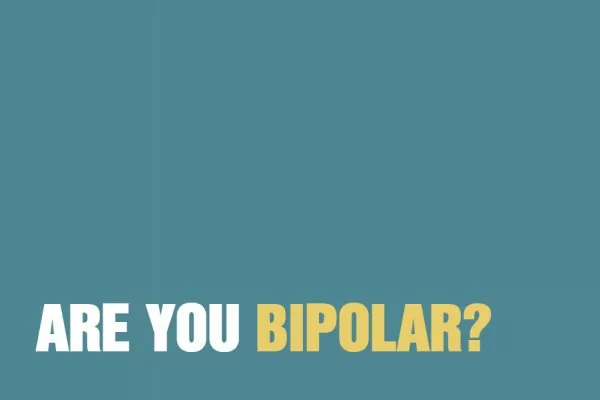Family feuds can simmer for years, becoming ever more bitter as time passes. What may have started as a small slight can escalate over time to create a deep divide between family members and even across generations.
Warring families could probably take heed of Conflict Resolution Day (19th October), which aims to promote peaceful and creative ways to mediate arguments and come to a mutually agreed resolution. This isn’t always easy, however, when emotions run high.
While disagreements are part and parcel of everyday life, when family members misunderstand each other, or become rather too heated and emotional about a particular topic, then the disagreements can become major issues. If those disagreements continue over time then the structures holding the family together can start to wobble, and the atmosphere can feel stressed and difficult.
Top causes of family conflict
Money: Finances are top of the list for causing conflict within families. Money, or lack of it, can cause everyday stress as families struggle to make ends meet. If someone is unemployed, that puts even greater strain on the family purse. Other conflicts can arise when someone lends another family member some money and there’s no plan for repayment. Some of the worst rows and rifts can occur when a parent dies and the children and other beneficiaries squabble over the will. In our work as therapists, we’ve heard about families being torn apart because of misunderstandings over who will inherit what, and how the Estate is shared out.
Attention: Who’s getting too much attention and who isn’t getting enough is another major source of family disputes. Siblings rival for their parents’ attention, no matter what age they are, and can feel put out if their brother or sister is seemingly favoured or prioritised. Adult children can feel hurt when their parents are too busy or too stressed to contact them often enough. Lack of attention can come in all different forms. What about the family member who’s left off the list of wedding invitations, isn’t included in Grandma’s 80th birthday celebrations, or isn’t invited to the baptism of a new baby? These oversights can feel like a huge slight that can wound and scar.
High expectations: Blood is thicker than water, so the saying goes. Expectations are also higher of family members. A parent may expect his child to grow up just like him and follow in his career footsteps. A sibling may expect more effort to be made by brothers and sisters for a big birthday coming up. An aunt would really love her busy nephews to visit more often. Expectations run higher just because they’re family.
In-laws: Relationships with in-laws can be tricky. It’s a topic that often brings people into therapy, when they just can’t get on with the other side of the family. They tend to be at one end of a scale: either too intrusive and interfering, or seemingly distant and uncaring. Either way, these relationships can be a huge source of conflict.
Communication: Rudeness, lack of gratitude, spending too much time on a smartphone, not returning calls, showing disrespect, taking for granted: all of these behaviours can erode a relationship over time. A breakdown in communication can lead to mixed messages, misunderstandings and cold shoulders.
Tips for managing family conflict
Agree to negotiate. Decide whether the issue is worth resolving, and is your relationship worth fighting for. If so, then agree to sit around a table and work it out.
Check your mindset. Are you coming into negotiations with the aim of proving your point and winning the argument? Or do you genuinely want to achieve a peaceful resolution. Check in with yourself. The first will take you nowhere, other than to the moral high ground. The second might give your family relationships a chance to repair.
Cool down first. Don’t come into a negotiation with your anger raging. That will just make you emotional and hot-headed. Take time to cool down so you can bring a more open mind and heart to the table.
Own your part in it. There are always two sides to every story. A disagreement occurs between two or more people. You’re only responsible for your part in that disagreement. Don’t take all the responsibility for what’s happened. Don’t entirely blame someone else either.
Listen. Don’t sit there with your retort ticking away, ready to jump in to force your side of the argument. Listen to the other points of view being shared. You don’t have to agree with everything they say. You can agree to some parts and not the others. A powerful tool after someone has spoken is to say: “So what I hear you saying is this. Have I understood?” The other person will feel heard and perhaps become a little less prickly.
Use ‘I’. How you structure what you say can make a big difference. Don’t say: “You make me feel useless/unhappy/angry.” That can inflame the other person. If you instead say: “When you do that I feel upset” it puts the onus on you and your feelings without any inherent blame on the other.
Seek outside support. If you feel unable to resolve the rows on your own, it might be time to call in the experts. Mediators and using Family Therapy Services can help resolve your dispute. As neutral observers, they don’t take sides or judge who’s right or wrong. They can help you find new options that perhaps you hadn’t tried yet. Otherwise, if you feel emotionally bruised by the whole family experience then you may want to talk things through with a counsellor or psychotherapist to process what’s happened and to build your emotional resilience.
If you’ve been caught up in family disagreements and want some help in becoming untangled, get in touch with us and we’ll match you with a therapist who can help. Call 020 8673 4545 or email [email protected]







